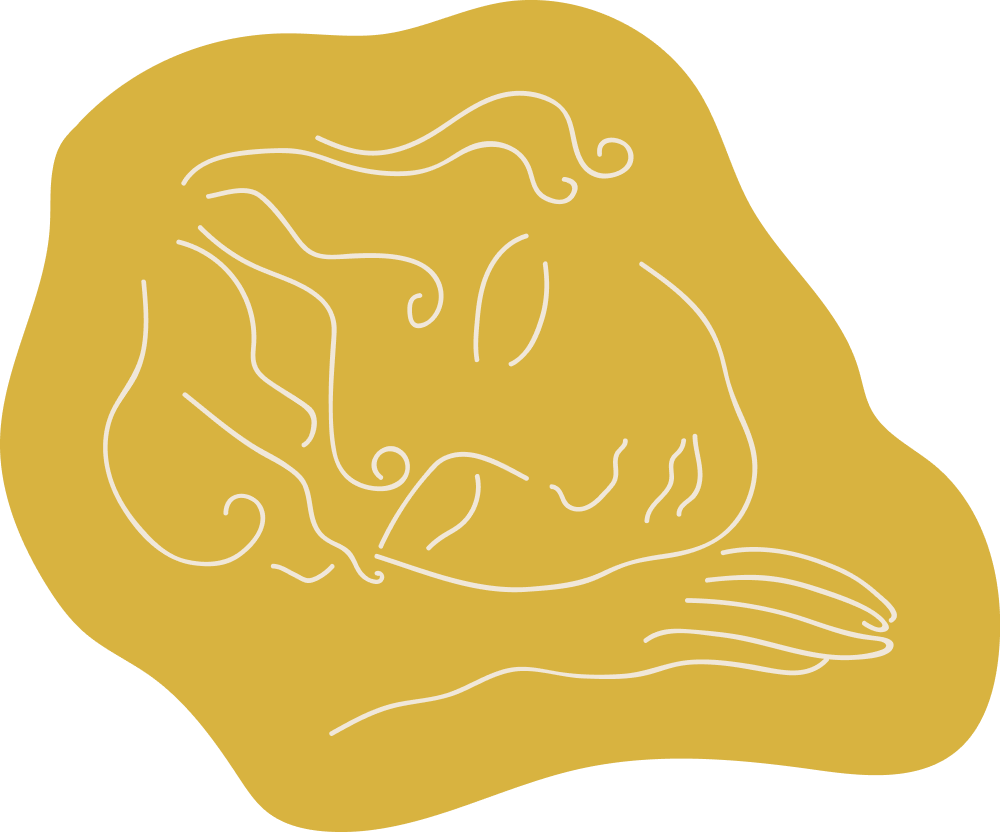
We cannot avoid the fact that phones, tablets and other screens are a regular part of our everyday life and in many cases also make our lives easier. But it is also important to be aware of how the small screens affect our health and well-being and how they can have a negative impact on our sleep.
Therefore, the Danish Health Authority has now made some new recommendations in relation to our sleep.

Do not use screens up to 1 hour before bedtime
- Using the screen up until bedtime can delay the time it takes to fall asleep, meaning you won't get the recommended hours of sleep.
- Cohesive sleep is important to get high-quality sleep, and the "blue light" from the screen can make your sleep shorter, interrupted or affect the quality of your sleep. The "blue light" of the screen can delay the production of melatonin in the brain. Melatonin is a hormone that helps regulate our circadian rhythm and sleep quality.
- Many impressions from e.g. social media, video clips, movies or computer games up until bedtime can make it take longer to fall asleep. Do you see e.g. a scary movie, scary news or being affected by violent flashes of light or loud noise close to bedtime, it takes the body an extra long time to calm down.
- It is a good idea to create calm, relaxing sleep routines before you go to sleep. Eg. by reading a book or listening to relaxing music.

Leave the phone and tablet completely out of the bedroom
- Put the phone in a completely different room. Even if you have set it to silent, messages, notifications, etc. will still make the phone light up, which affects sleep.
- When the phone is by your side, you will be inclined to look at it if you wake up during the night. It will both give you a light effect but, paradoxically, is also a stress factor in relation to worry that you have to get up soon and thus not get enough sleep.
- If you use your phone as an alarm clock, it is recommended that you instead get a traditional alarm clock that does not light up at night.
Remember that it is up to the individual to find the right balance between screen use and sleep. The Danish Health Authority's recommendations are only guidelines. But still be aware of whether you can help yourself to a better sleep, just by making a few small adjustments in your routines.
Source : SST/"Recommendations on screen use"





